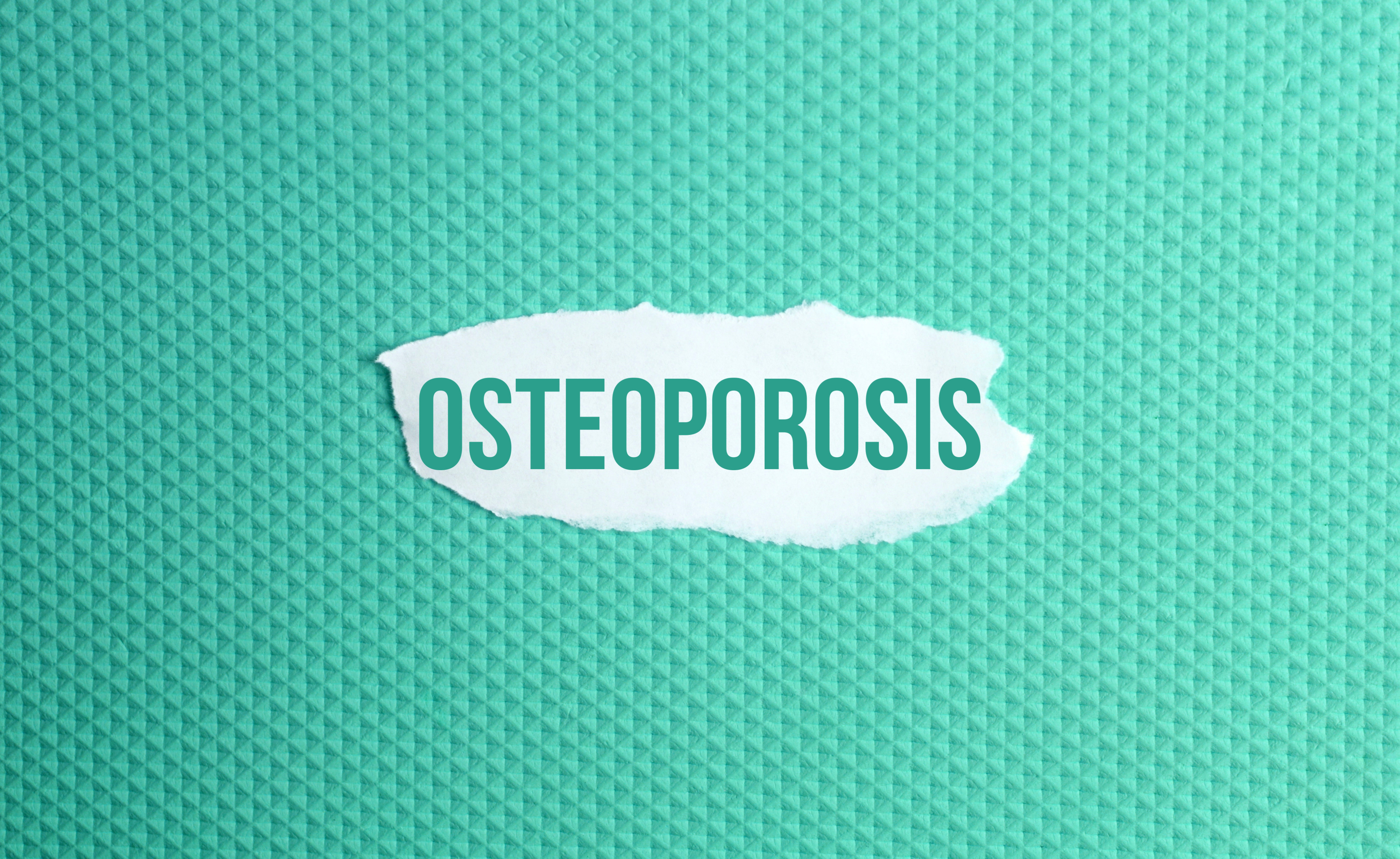How Cortisol Impacts Women Differently Than Men (And Why It Matters)
9. Bone Health: Cortisol's Role in Osteoporosis Risk

Cortisol affects bone health, with gender-specific implications for osteoporosis risk. Women are more susceptible to cortisol-induced bone density loss, especially during menopause when estrogen levels decline. High cortisol can accelerate bone resorption, increasing fracture risk. Men, while also at risk, may experience less severe bone density reductions due to different hormonal profiles. Understanding these differences is vital for developing gender-specific strategies to prevent osteoporosis, including dietary recommendations, exercise regimens, and stress management techniques that address cortisol's impact on bone health.
10. Skin Health: Cortisol and Dermatological Differences

Cortisol's effects on skin health reveal intriguing gender differences. Women often experience more pronounced skin issues related to cortisol, such as acne, eczema, and premature aging, possibly due to hormonal interactions. Men, while also affected by cortisol-related skin conditions, may exhibit different manifestations or severity. These differences highlight the importance of gender-specific dermatological treatments and stress-reduction strategies that consider hormonal influences on skin health. Addressing these nuances can improve skin care outcomes and overall well-being, particularly in stress-related dermatological contexts.
